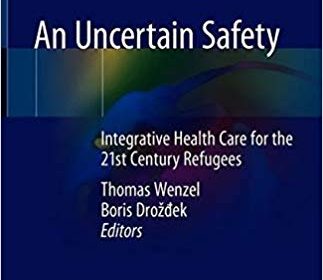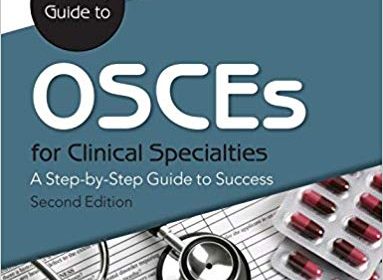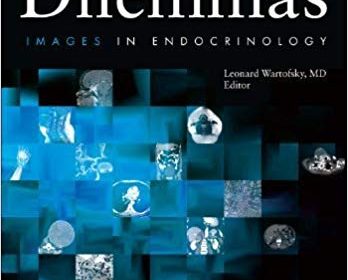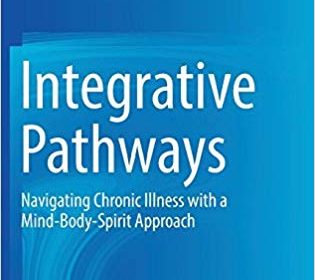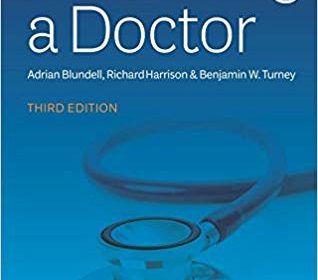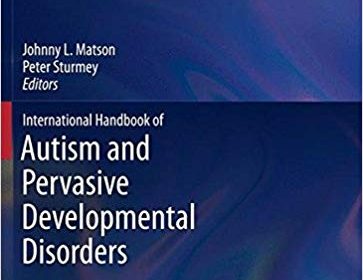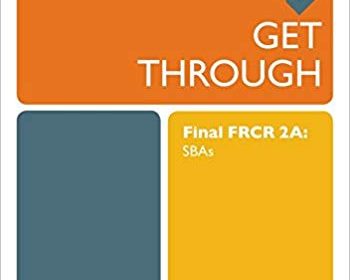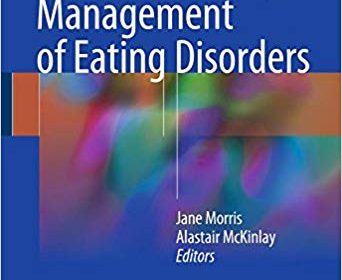[amazon_link asins=’1441980644′ template=’ProductAd’ store=’aishabano-20′ marketplace=’US’ link_id=’5d9fbebc-a319-11e8-a063-d92bdd6045f7′]
International Handbook of Autism and Pervasive Developmental Disorders (Autism and Child Psychopathology Series)
DOWNLOAD THIS BOOK FREE HERE
Since the early 1940s, when first identified as childhood psychosis and autistic psychopathy, autism spectrum disorder (ASD) has continued to burgeon into a major focus of inquiry and interest among researchers, practitioners, and the public alike. With each passing decade, the number of scholarly articles addressing ASD and related disabilities continues to soar. Today, thousands of papers on autism are published annually across various disciplines and journals, making it challenging – if not impossible – to keep pace with, let alone synthesize, all the latest developments.
Based on a solid historical foundation of autism theory and research, the International Handbook of Autism and Pervasive Developmental Disorders integrates the broad scholarly base of literature with a trenchant analysis of the state of the field in nosology, etiology, assessment, and treatment. Its expert contributors examine recent findings and controversies (e.g., how prevalent autism actually is), along with longstanding topics of interest as well as emerging issues.
Coverage includes:
- A survey of diagnostic criteria and assessment strategies.
- Genetic, behavioral, biopsychosocial, and cognitive models.
- Psychiatric disorders in persons with ASD.
- Theory of mind and facial recognition.
- Diagnostic instruments for assessing core features and challenging behaviors.
- Evidence-based psychosocial, pharmacological, and integrative treatments.
- Interventions specifically for adults with ASD.
- Training issues for professionals and parents.
- A review of findings of successful and promising therapies, coupled with guidance on how to distinguish between dubious and effective treatments.
The International Handbook of Autism and Pervasive Developmental Disorders is an indispensable resource for researchers, professors, graduate students, and allied practitioners in clinical child and school psychology, child and adolescent psychiatry, education, social work, rehabilitation, pediatric medicine, and developmental psychology.

